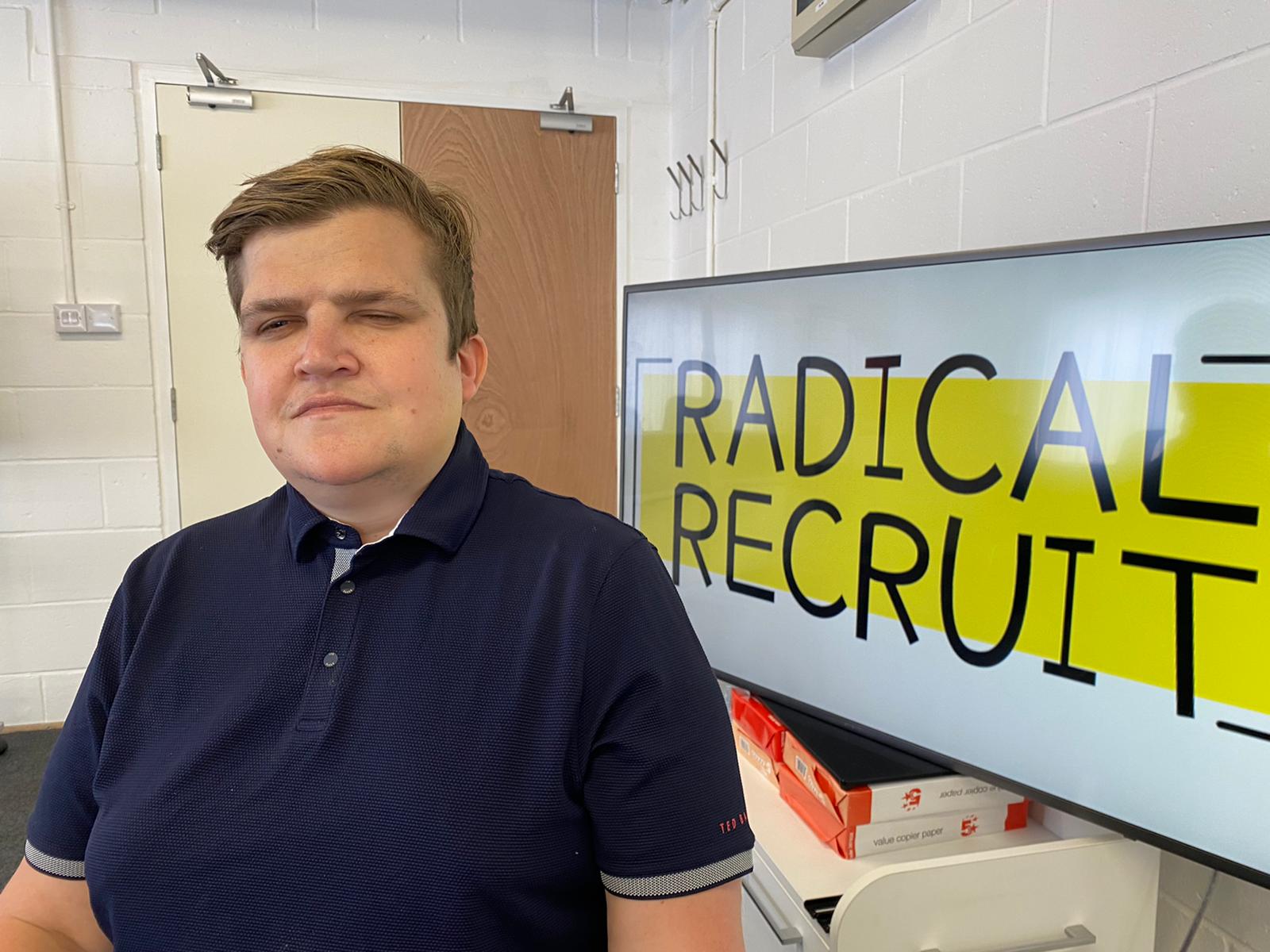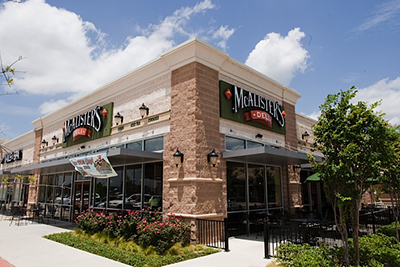
I am dictating this article at 36,000 feet, currently making my way back from Reykjavík to London Heathrow. Being blind, I quite literally experience different sides to hospitality in all sorts of different settings compared to most of you.
Iceland: Land of Empathy and Accessibility
So here’s the thing, as a reader of Food & Beverage Magazine, I assume that you work in the trade. And if not, then in related areas. You know from following me on social media that I have a lot to say about accessibility in hospitality. Many business owners contact me confused by the rules and laws around accessibility and what their obligations are. Without doubt, even though the Americans With Disabilities Act may have passed 25 years ago, there is still a lack of clarity at times around different elements the act protects. Living in London, I am aware that the United Kingdom faces many of the same challenges. Let me pose this question to you. What if you stop looking at it as an obligation? What if, instead, businesses began from a place of wanting to ensure every potential customer was able to access their services, products.. Whatever the company may be. The reality is that disabled people face challenges in accessing businesses every single day— from access refusals on the basis of a guide dog, to inaccessible entrance Waze, inaccessible menus— the ways in which we are excluded are numerous.
Do you know what the purple dollar is? If you don’t, let me lend a helping hand. The purple dollar reflects the spending power of disabled people. In the United States alone that spending power is estimated to be more than $470 billion. When the extended spending power of friends and family is taken into account, that number jumps to $8 trillion. Which leads me to my main point, rather than viewing accessability as an obligation, let’s look at it as an opportunity. Particularly in the younger generations, disabled people are highly active on social media, they build strong communities of individuals with similar life experiences to themselves. They also are very vocal about the experiences they have in different consumer settings. So, when looking for a unique selling point, a point of difference to your competitors, why not be the most accessible in your area?
Be the most inclusive, the most diverse— Be a place that creates a space where everyone belongs.
Disabled people make up 15% of the overall population, making it one of the largest minority communities of any group. As a disabled person, we spend so much time fighting for access, equity and equality. When businesses make the effort to reach out towards us, not only does it mean a lot to us personally, but disabled consumers flock because it is so rare.
At the start of the article, I mention that I am dictating this whilst on board an airplane. Well, it’s because I’m heading back from the most wonderful five days in Iceland. As a country with a little over 360,000 people in total, they don’t have much in the way of specific laws around accessibility and protections for disabled people. What I did find was a country and a culture that leads with empathy. It began from a position of wanting everybody to be able to access all that Iceland has to offer, not because the law says so, not because a petition said so, a protest group, a Yelp review, a tweet— Purely because it’s the right thing to do. So many experiences that could have been inaccessible, were made accessible by a business owner’s desire for it to be so. Axe throwing? Accessible. If you don’t believe me, you could check out my recent Instagram posts. The hospitality environment was a joy and absolute pleasure to be part of because of the choice to lead with empathy. So, perhaps, let’s all try to be a little bit more like Iceland. Let’s lead with empathy, see the opportunity, and not be weighed down by viewing accessibility as an obligation.
Read Also: Recipe of the Month – Food & Beverage Magazine
**BIO**
Jurgen Donaldson can be found on Instagram at the_Blind_foodie. Jurgen lost his eyesight two years ago to a brain tumour, since that he has become an advocate for disabled people in the United Kingdom around the world. Jurgen regularly advises brands on how they can make their social media content and their product lines more accessible to disabled consumers.






